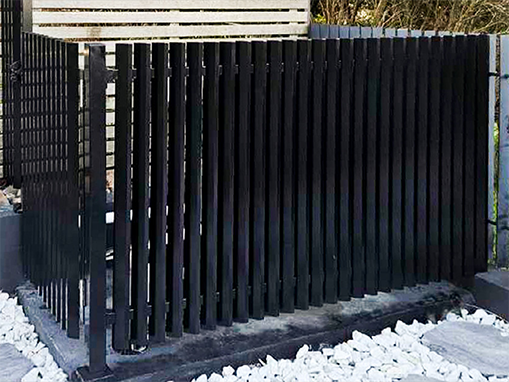NHS Test and Trace contacting fewer than half the contacts of people testing positive
Keith Neal, emeritus professor of the epidemiology of infectious diseases at the University of Nottingham, said: “One persistent problem is that one in five cases, who should be at home and self-isolating, fail to be contacted by the contact tracers despite multiple attempts.
“These people have arranged a test and been informed of a positive result and expect to be contacted. It would be useful to have more information on these people as to why they are not participating in control measures.
“Not being able to trace contacts is understandable, but the cases could help in letting their contacts know.”
Meanwhile, Dr Joshua Moon, research fellow in the Science Policy Research Unit at the University of Sussex Business School, said: “Cases are going up faster than testing – this is not a good sign.
“Over the nine weeks of NHS Test and Trace activity, the percentage of non-household contacts has been increasing, indicating that the changes are likely to be as a result of the Government’s decision to relax lockdown measures.”
Baroness Dido Harding, who runs NHS Test and Trace, said: “NHS Test and Trace is working. It has already helped to prevent almost a quarter of a million people unknowingly spreading the virus.
“But we do not work alone. Close partnerships with local government and public health teams are essential to stop the spread of the virus, and NHS Test and Trace continues to work hand-in-hand to support communities experiencing spikes in cases, through increased testing and additional contact tracing.”








